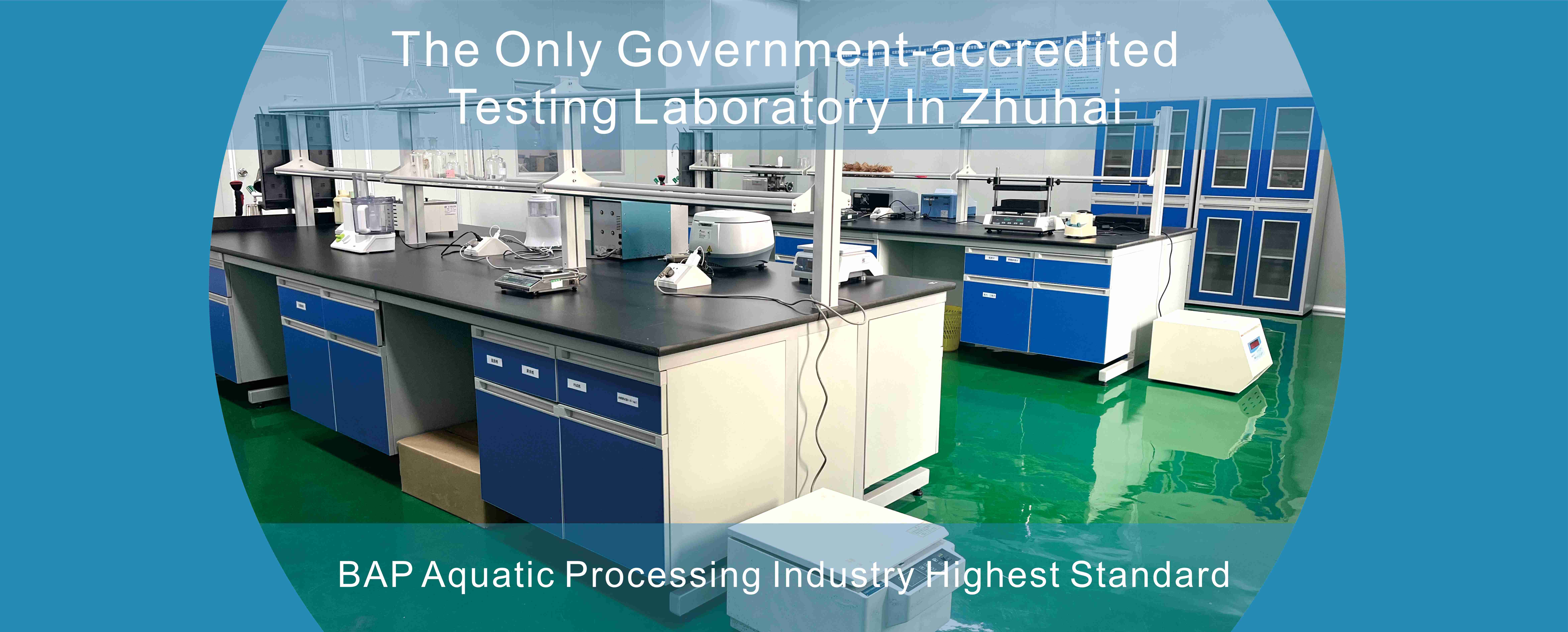
+86 18998180897

Currently, the development of the Internet has integrated into various industries, and the advantages of the Internet have been fully demonstrated. The development of agriculture is now becoming increasingly closely linked to the Internet, and the emerging model of "Internet Plus" has also promoted the transformation and upgrading of agriculture. The modern agricultural development advantages of Jiangsu Province are manifested through "Internet Plus." Through "Internet Plus," Jiangsu Province's agricultural products have not only reached the national market but also the global market.
According to the Jiangsu Provincial Agriculture Commission, in recent years, Jiangsu has made significant progress in promoting "Internet Plus" modern agriculture, and the level of information services has been comprehensively improved. By the end of 2017, there were 11,600 operational agricultural information cooperatives in the province, covering over 80% of rural administrative villages. The "12316" agricultural text messaging service has maintained a stable user base of over 3 million households, bridging the information gap and providing services to farmers.
In Wuxi's Yixing Dingshu IoT Agricultural Town, scientific management has been achieved in agricultural production, including lotus fields, tea plantations, and greenhouse crops. With the help of mobile IoT technology, "new farmers" can remotely manage their fields and have precise control over soil moisture, temperature, light conditions, and other meteorological indicators, enabling them to schedule fertilization and pesticide application accurately. As a result, the rice yield in the lotus fields has increased by 5%.
By replacing human intelligence with computer systems and combining scientific knowledge with IoT technology, Jiangsu has established influential provincial-level research and innovation platforms for agricultural IoT. These platforms, including modern agricultural industrial parks, facility-based agriculture bases, and large-scale breeding farms, have led to the creation of 127 provincial-level smart agriculture demonstration sites. The application of IoT technology in facility-based agriculture covers over 14% of the total area in the province. Wuxi has been designated as one of the national pilot cities for agricultural IoT.
Miao Xiaohu, the owner of the Shiwaiyuan Family Farm in Binhu District, Wuxi City, focuses on fruit cultivation and sales. With an investment of 1.2 million RMB on over 90 mu of farmland, he has fully applied IoT technology, enabling on-site control of drainage and irrigation, remote network control, and remote video surveillance. During the peak harvest season, the farm only requires 10 workers for all production activities, achieving an average per mu income of 30,000 RMB.
The electronic and networked management of agriculture has accelerated, enhancing the scientific, precise, and timely decision-making and management. Since 2009, all administrative powers of the Jiangsu Provincial Agriculture Commission have been operating online, and the province has established the first provincial-level farmland quality data management center in China, which has been promoted nationwide.
For many years, there has been a significant information asymmetry between the supply and demand sides of agricultural machinery operations, resulting in difficulties for farmers in finding suitable machinery and vice versa.
The trend of new farmers' entrepreneurship and innovation is flourishing. In Jiangsu, more than 13,600 agricultural businesses have been established by returning or relocating individuals, providing employment opportunities for nearly 300,000 people and becoming a driving force for agricultural and rural development. Currently, 78 parks and bases in Jiangsu are included in the national directory of entrepreneurship and innovation for returnees and relocated individuals, ranking second in the country.
Efforts have been made to strengthen the guarantee network for the quality and safety of agricultural products. "Whether online or offline, we attach great importance to the inspection of agricultural product quality and safety. In national quality inspections of agricultural products, Jiangsu's qualification rate exceeds 99%."
Jiangsu's goal for the development of "Internet Plus" modern agriculture by the end of the 13th Five-Year Plan is to achieve a 65% coverage rate of agricultural informatization, an annual transaction volume of agricultural e-commerce reaching trillions of RMB, and a proportion of over 20% for the application of IoT technology in facility-based agriculture. Additionally, the aim is to achieve information coverage in villages and households at the county, city, and district levels, networked agricultural administrative management, and full information services for agricultural market entities.


